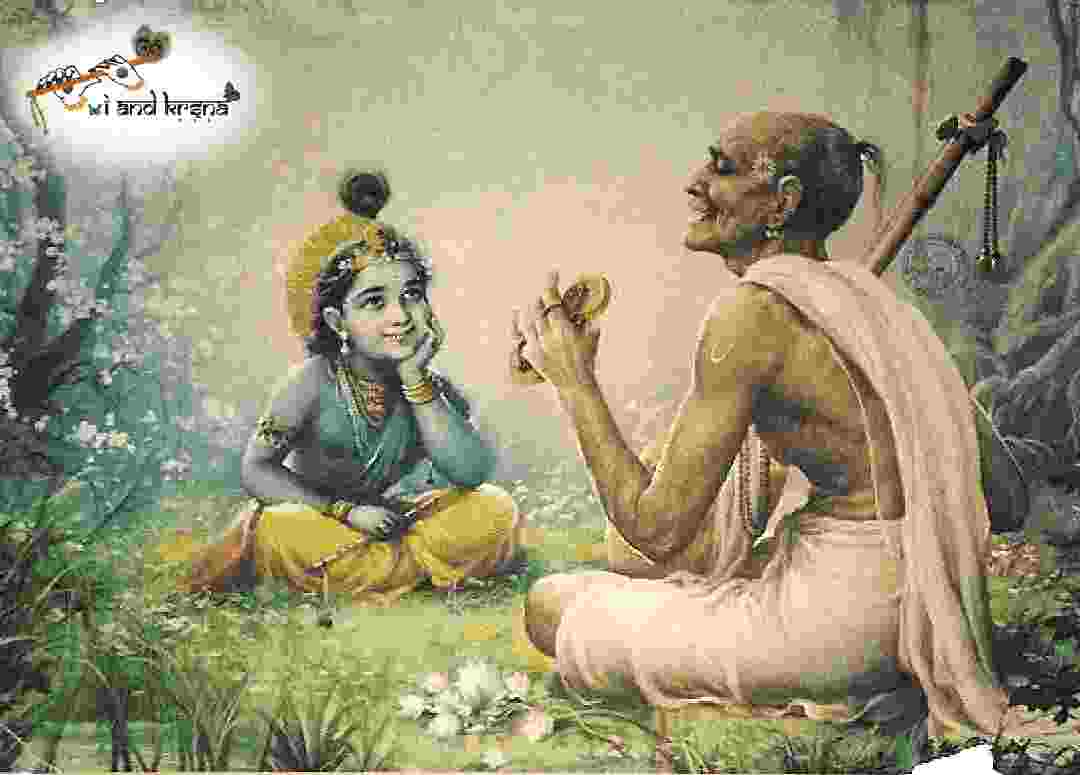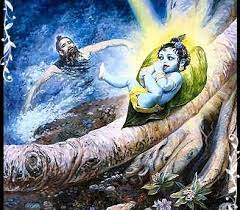Śrīla Rūpa Gosvāmī has described the finest pattern of devotional service as ānukūlyena kṛṣṇānuśīlanam, or cultivating Kṛṣṇa consciousness favorably. Kaṁsa, of course, was also Kṛṣṇa conscious, but because he regarded Kṛṣṇa as his enemy, even though he was fully absorbed in Kṛṣṇa consciousness, his Kṛṣṇa consciousness was not favorable for his existence. Kṛṣṇa consciousness, favorably cultivated, makes one completely happy, so much so that a Kṛṣṇa conscious person does not consider kaivalya-sukham, or merging into the existence of Kṛṣṇa, to be a great gain. Kaivalyaṁ narakāyate. For a Kṛṣṇa conscious person, even merging into the existence of Kṛṣṇa, or Brahman, as impersonalists aspire to do, is uncomfortable. Kaivalyaṁ narakāyate tridaśa-pūr ākāśa-puṣpāyate. Karmīs hanker to be promoted to the heavenly planets, but a Kṛṣṇa conscious person considers such promotion a will-o’-the-wisp, good for nothing. Durdāntendriya-kāla-sarpa-paṭalī protkhāta-daṁṣṭrāyate. Yogīs try to control their senses and thus become happy, but a Kṛṣṇa conscious person neglects the methods of yoga. He is unconcerned with the greatest of enemies, the senses, which are compared to snakes. For a Kṛṣṇa conscious person who is cultivating Kṛṣṇa consciousness favorably, the happiness conceived by the karmīs, jñānīs and yogīs is treated as less than a fig.
Source:A.C. Bhaktivedanta Swami Prabhupada (2014 edition), “Srimad Bhagavatam”, Tenth Canto, Chapter 02 – Text 24





















Leave A Comment